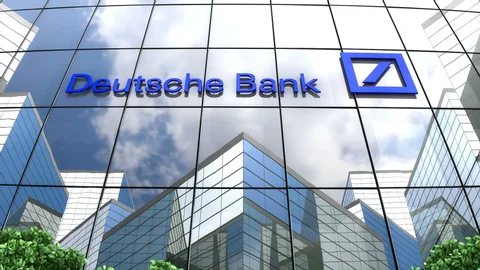The recent decline in Deutsche Bank’s share price has reignited concerns about the state of the global banking system and the possibility of a new financial crisis. As we have seen in the past, major commercial banks are deemed too big to fail, and governments will often bail them out to prevent widespread economic collapse. However, the mounting debt levels of the U.S. government and other countries are raising concerns that this time, the situation may be different.
While politicians may kick the can down the road when it comes to addressing unsustainable debt levels, the market is starting to feel the effects of this issue. The Interest rate hikes and quantitative easing programs by central banks is not designed to solve the systemic issue of government expenditure exceeding income. Instead, the Federal Reserve and U.S. Treasury are working to protect the dollar’s position as the global world reserve currency. This short-term solution may have long-term consequences, including the threat of hyperinflation.
As a result of these economic concerns, some investors are turning to alternative investments such as Bitcoin. The cryptocurrency has often been touted as a potential hedge against inflation due to its limited supply and decentralized nature. Despite criticism from some commentators, the recent rise in Bitcoin’s price suggests that the inflation hedge thesis may be back in play.

